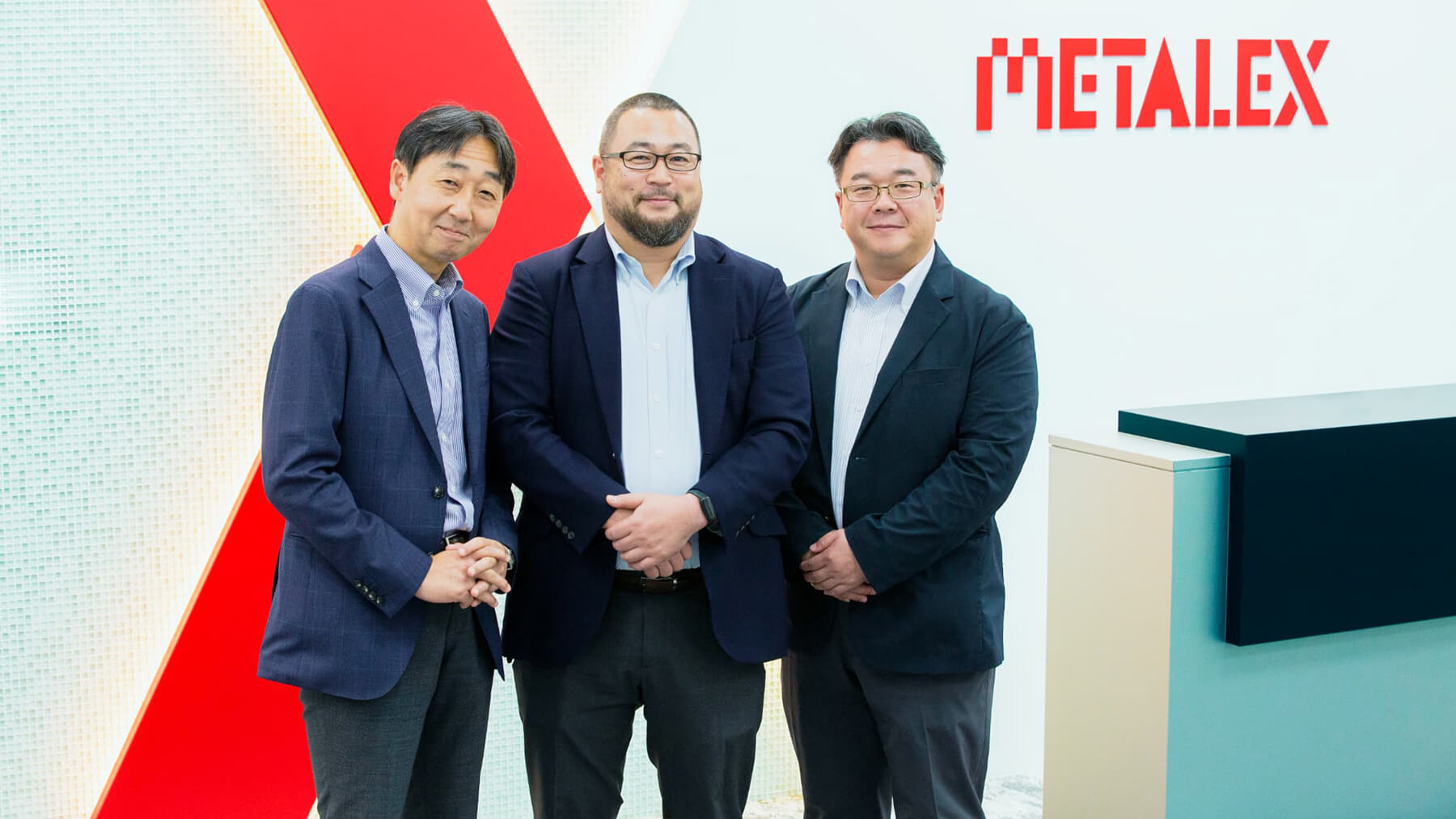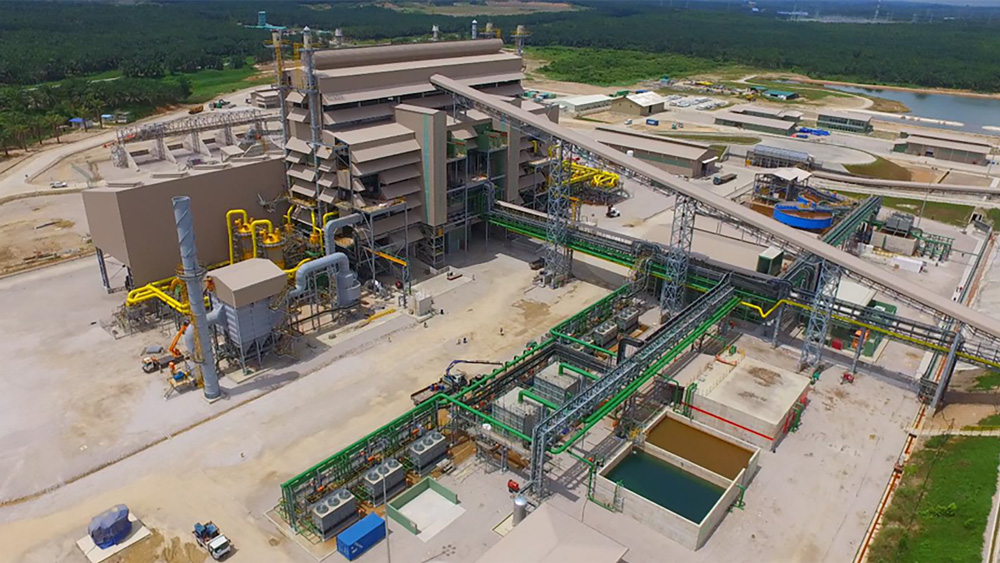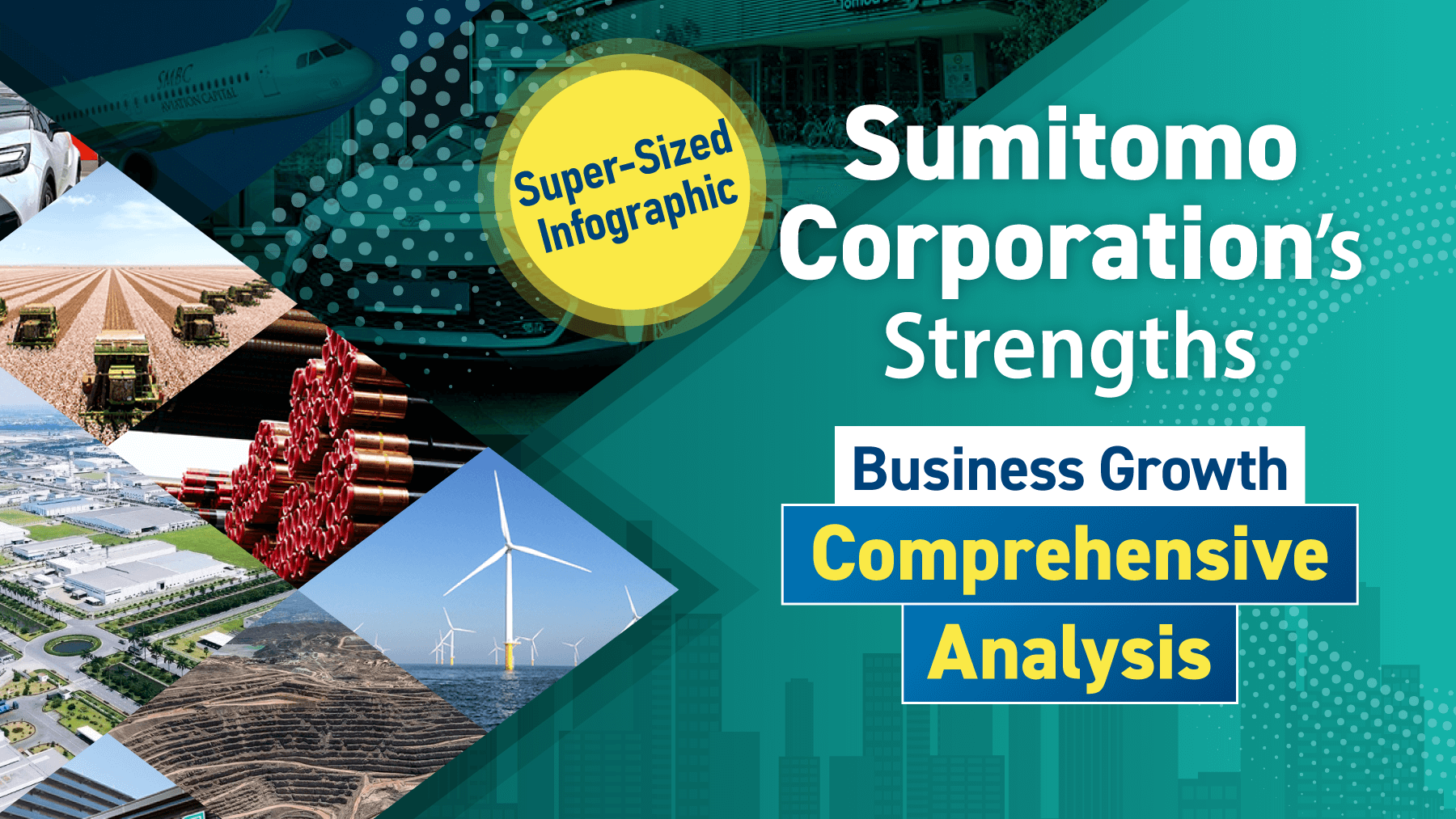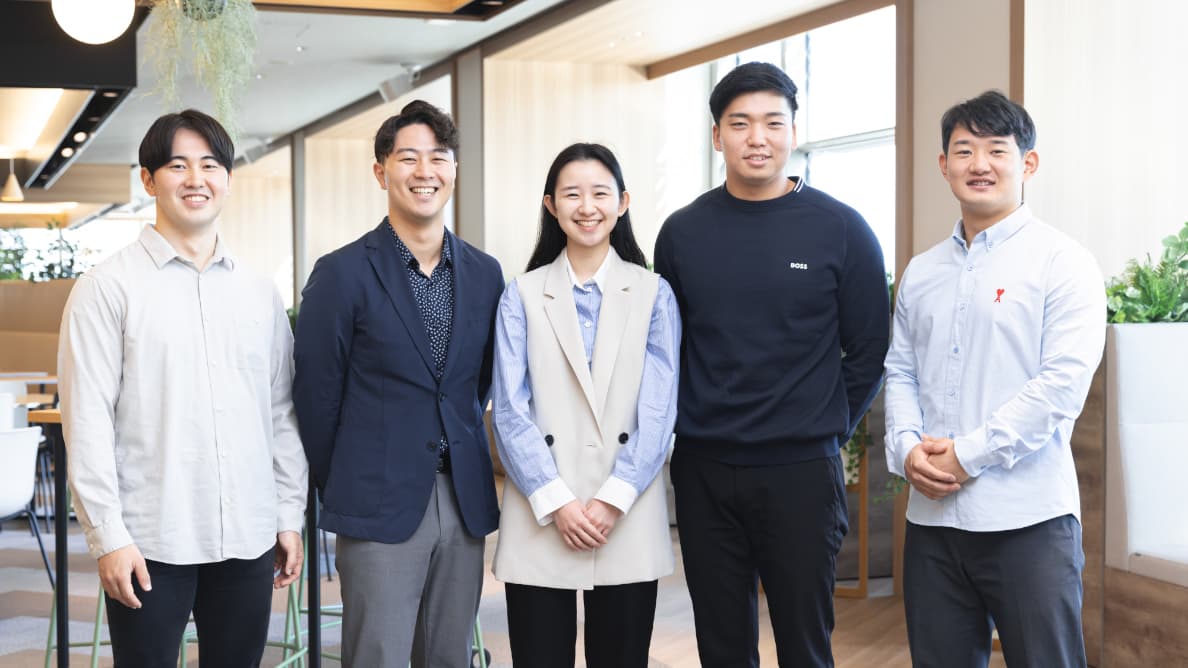
- TOP
- Enriching+TOP
- Supporting industry and people’s livelihoods through global investment in the aluminum business
2023.10.1
Business
Supporting industry and people’s livelihoods through global investment in the aluminum business
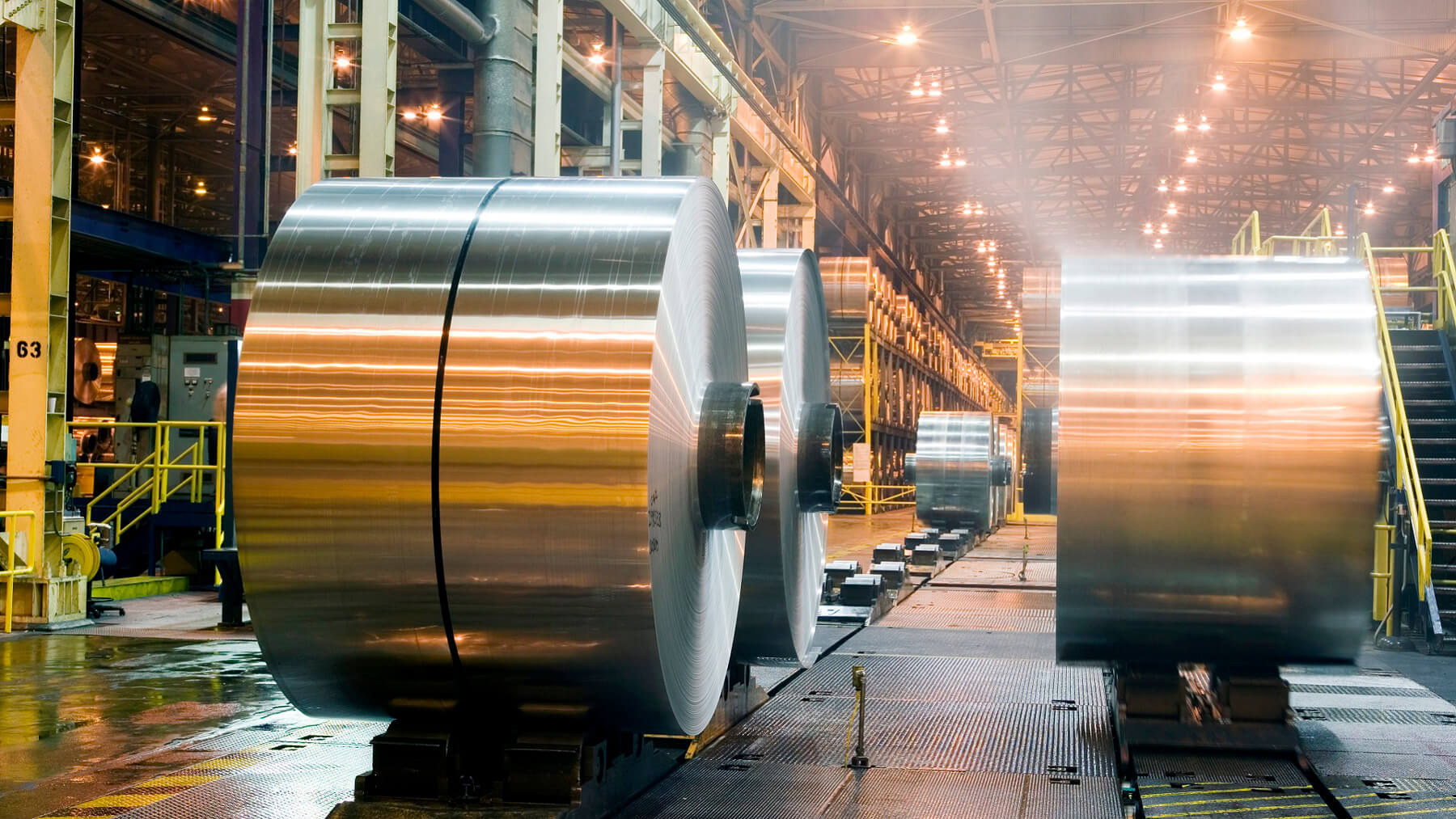
Being lightweight compared with iron and other metals, aluminum represents a metal material that can serve the purpose of “Mitigation of climate change,” as the material can, for instance, provide a lightweight solution to automakers aiming to reduce fuel economy. Also, aluminum is known for its ease of recycling, a key property to facilitating “Circular economy.” By promoting export of aluminum products and investment in the aluminum production business, Sumitomo Corporation is globally delivering the value offered by the environmentally friendly material.
This content was originally published in March 2023.

A resource to support a recycling-oriented society
One of the leading non-ferrous materials, aluminum is second only to iron in demand among metallic materials. A high-strength and rust-resistant material that is easy to process and that offers high thermal conductivity, aluminum has a broad range of uses in various aspects of people's daily lives.
In recent years, aluminum has garnered particular attention for its light weight and its ease of recycling. Aluminum has a specific gravity about one-third that of iron, and the energy required for recycling aluminum is about 2% that used for electrolytic smelting. For example, increasing the ratio of aluminum used in automobile manufacturing would lighten vehicle chassis and improve fuel efficiency. Aluminum previously used can also be repeatedly recycled, another reason aluminum is called a resource that will underpin the recycling-oriented society of the future.
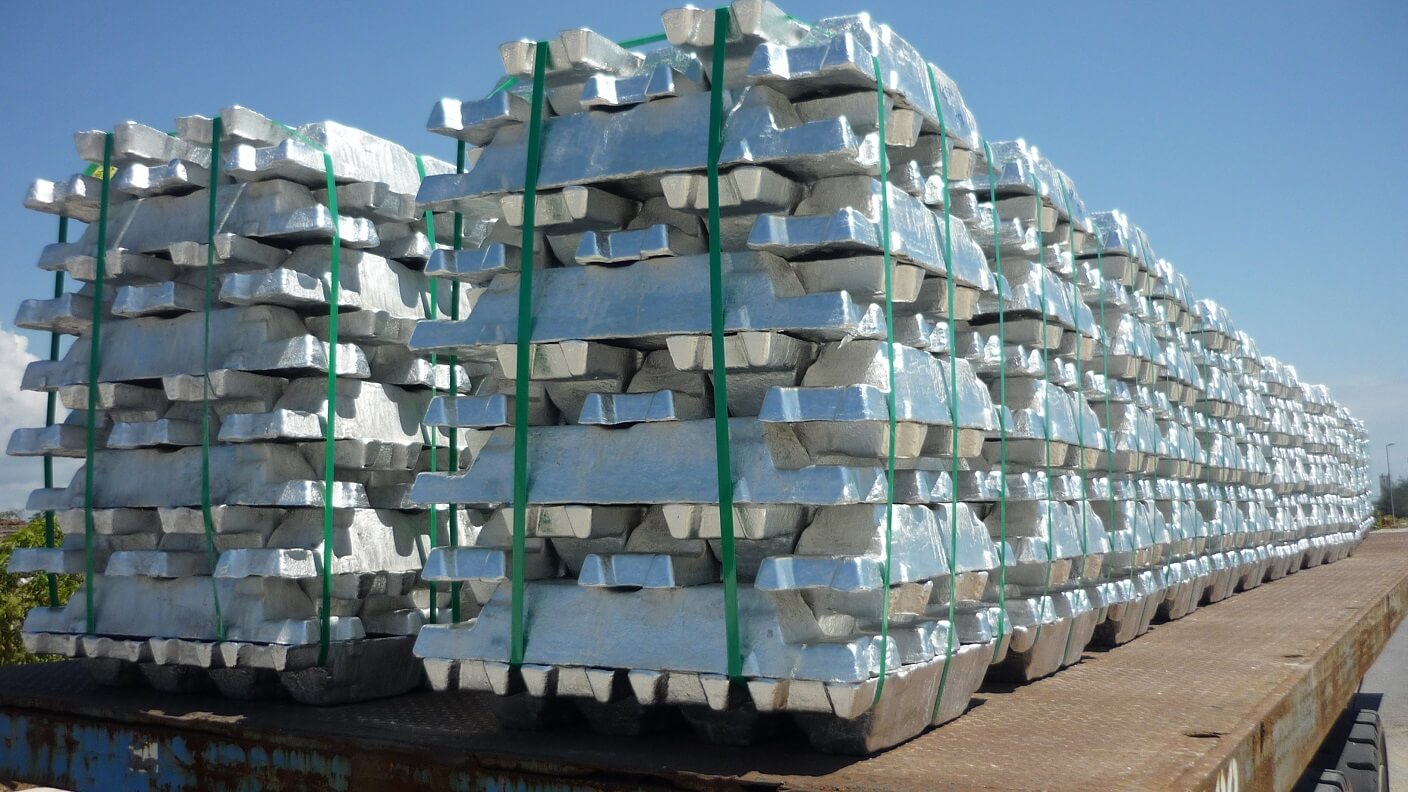
Sumitomo Corporation's aluminum-related business got its start in the 1970s. Until a decade or so ago, trading business in aluminum primarily consisted of importing aluminum metal for use in Japan and then exporting the aluminum semi-products processed by Japanese manufacturers. More recently, this traditional trading business has been augmented by global investment in businesses that produce aluminum.
Southeast Asia’s largest aluminum smelting business
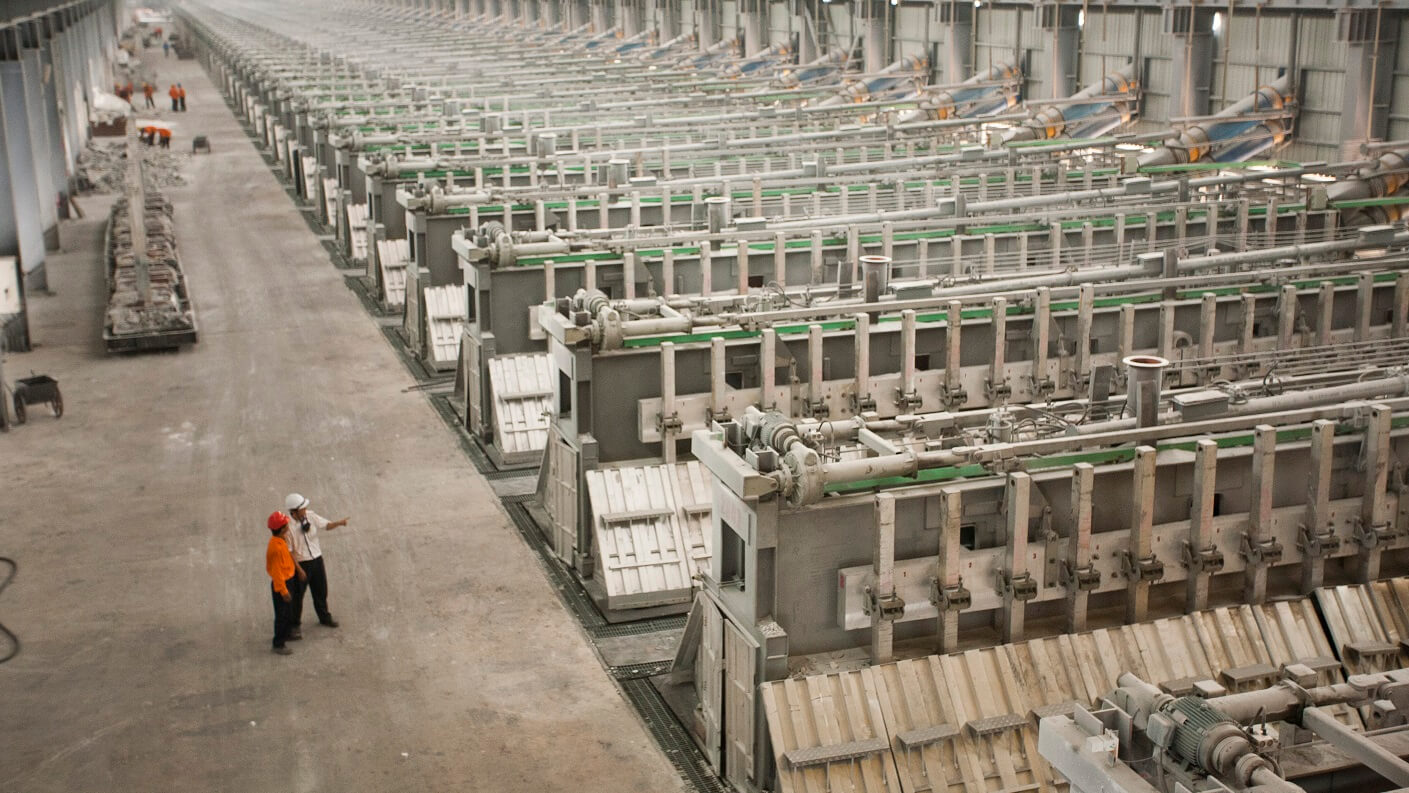
The process of making aluminum into products begins with the mining of bauxite, an aluminum ore, which is refined into the intermediate material alumina, smelted into aluminum metal, and then rolled to aluminum sheets; these are then used in parts, cans, and other end products. Sumitomo Corporation's investments have focused primarily on smelting and rolling, businesses respectively in the upstream and midstream of the aluminum value chain.
The smelting business has grown to a large scale in Malaysia. Via a joint venture with Press Metal, the country's largest aluminum producer, a total of four lines are now in operation at two aluminum smelters. Constructed on an expansive site five times the space occupied by Tokyo Dome, the Bintulu Plant produces a yearly total of 960,000 tons of aluminum metal. In conjunction with the Mukah Plant, a total of 1,080,000 tons are produced annually, constituting the largest production capacity in all of Southeast Asia.
As Asia continues to enjoy economic growth, demand for aluminum is expected to grow significantly. While improving quality and productivity, Sumitomo Corporation and Press Metal hope to boost production volume continuously in the future.
The leading aluminum rolling manufacturer in the U.S.
The core of Sumitomo Corporation's midstream rolling business is Tri-Arrows Aluminum (TAA), jointly acquired in 2011 togeher with UACJ, the Japan's largest major aluminum manufacturer. TAA based in Kentucky, USA, is one of the US' leading aluminum rolling manufacturers specializing in the production and sales of aluminum coils for beverage cans, and it owns a majority stake of Logan Aluminum, the world's most competitive aluminum rolling mill. One out of every two aluminum beverage cans sold in the US uses aluminum coils from Logan Aluminum. In the North America, demand for highly recyclable aluminum beverage can materials continues to grow as environmental awareness increases, and TAA has established a solid customer base and is contributed to reducing the environmental burden by increasing scrap utilization.
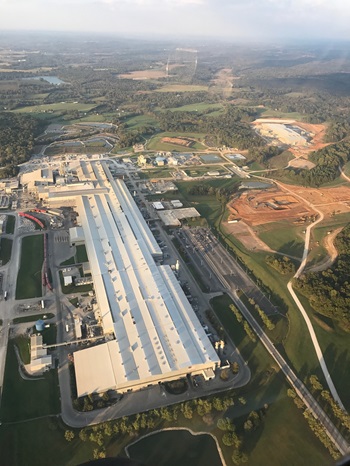
Supporting industry and people’s livelihoods into the future
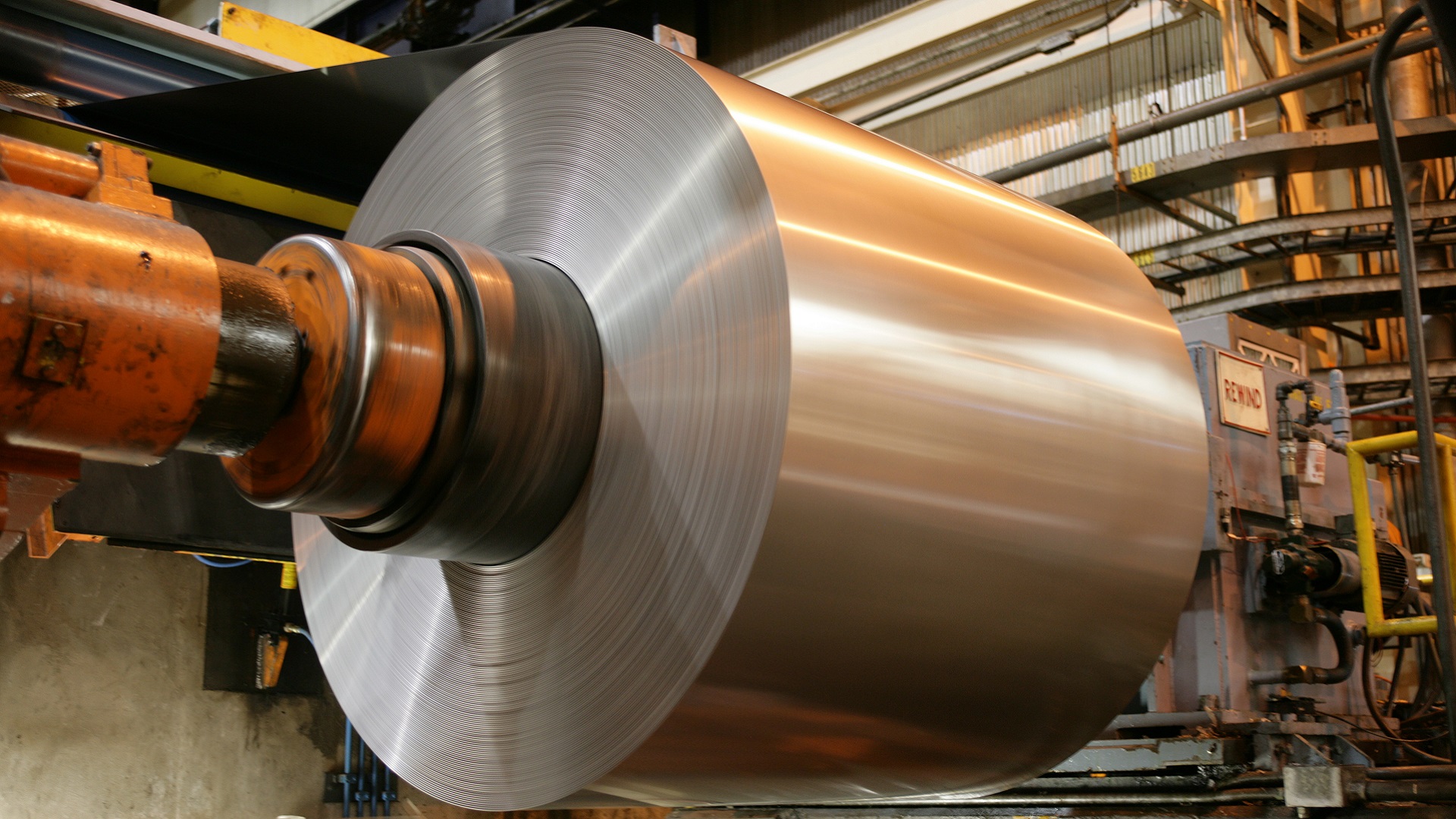
Technological innovations such as automated driving and electric vehicles are helping activate new industrial sectors, and accelerating urbanization worldwide has led to greater construction of high-rise buildings. The demand for aluminum, a strong but light material supporting new industries and urban development, appears quite likely to continue rising.
Sumitomo Corporation is pursuing the aluminum business globally in order to ensure reliable supplies of a material that will support industry and people's livelihoods into the future.

